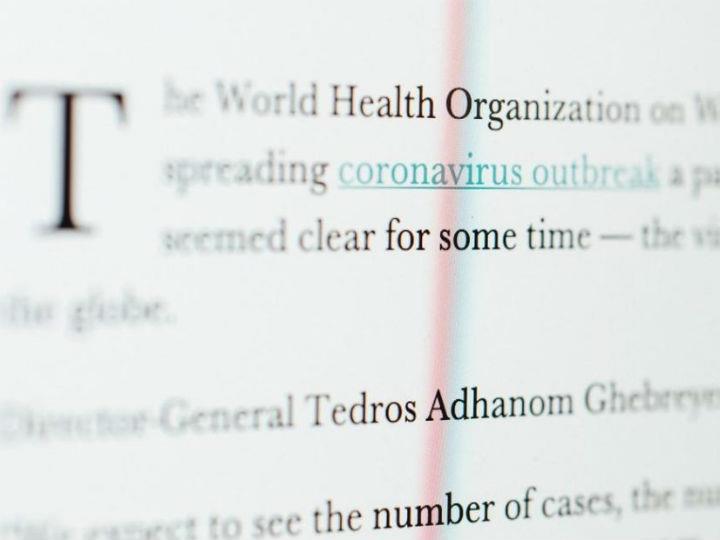by Konstantinos Zopounidis and Marianna Eskantar*
The coronavirus pandemic has created singular situations that forced many states to take painful measures, both at the individual freedom and at the emotional levels. The two words associated with the above are: democracy and fear. The new virus has caused severe problems in essential concepts, such as the individual freedoms and the citizens’ emotional world.
Freedoms
In a time of unprecedented peace, the states are taking worrisome measures. Europe and United States are now the ’epicenter’ of the pandemic, and multiplier restrictions have been set. Prohibition on gatherings, controlled traffic, limited transportations, use of drones for monitoring offenders, collection of geographic location data, emergency laws. The emergency health situation declared by the EU states, challenges fundamental values in the heart of democracy. As an example, measures that have been taken in China, such as the use of face recognition to control home quarantine, have begun to find imitators around Europe. Of course there are also supporters of human and parliamentary rights, who are concerned about the unprecedented use of modern technology. An Israeli historian, Yuval Noah Harari, says: "Decisions that in normal times could take years of deliberation are passed in a matter of hours." Unreliable and oftentimes dangerous technologies are used, as the dangers of nothing to happen are greater. The macabre daily recording of deaths, forces governments to react catastrophically and unreasonably. Some countries have decided not to impose lockdown, respecting individual freedoms, such as the Netherlands and Sweden, while others have given "special powers" to their prime ministers, Sophie Wilmes (Belgium) and Victor Orban (Hungary). As for these two cases, the prime ministers can take action without the parliament, due to the emergency- as the aim is legitimate, but the danger that lurks is that the adopted measures would remain after the crisis. In most cases, citizens approve the precautionary measures, but no one wants the installation of a "police state".
The choice between health and freedoms is eventually a false dilemma, because the emergency health situation should lead us to a framework of optimal methods to prevent and manage future pandemics, and not to measures that just restrict citizens’ freedoms. So, between health and freedom, we do not have to choose.
Fear
Emotional geopolitics is not a new phenomenon, but the introduction of the emotional factor into geostrategic analyzes has become necessary, even if the subject remains experiential. Emotions can change faster than political ideologies and socioeconomic factors.
The pandemic of the new-COVID is traditionally associated with fear, which can be the same contagious. The fear is a socio-political emotion that permeates all the human activities and sometimes causes extreme behaviors. Fear is not identified with anxiety. Fear has an object, anxiety not. Fear is created from anything external, while anxiety is created from the inside. Fear is objective, due to its relation with external situations, while anxiety concerns our inner world and not the surrounding environment. It is connected with our desires and impulses.
This invisible enemy creates and maintains an emotion that feeds xenophobia, capable of shaking up democratic institutions. Α direct consequence of fear is the development of popular and nationalist movements, against the globalization and the democratic freedoms.
No one can have doubts for the current situation, how long this challenge will last, and when we will exit from the pandemic of the new virus, which will leave its marks. In a globalized economy, with international power relations, during the post-"fear" era, no one knows what to predict, as for the geopolitics of emotions. It is not prohibited to hope for a positive outcome of the pandemic. The Pope wished the Italians "strength, responsibility and hope." The following phrase could be suggested: “Let’s be responsible, not brave.”
*Professor at the Technical University of Crete, Academician at the Royal Academy of Economics & Finance, Distinguished Research Professor at Audencia Business School, France and PhD Candidate, Member of the Financial Engineering Laboratory, Technical University of Crete




 By: N. Peter Kramer
By: N. Peter Kramer
